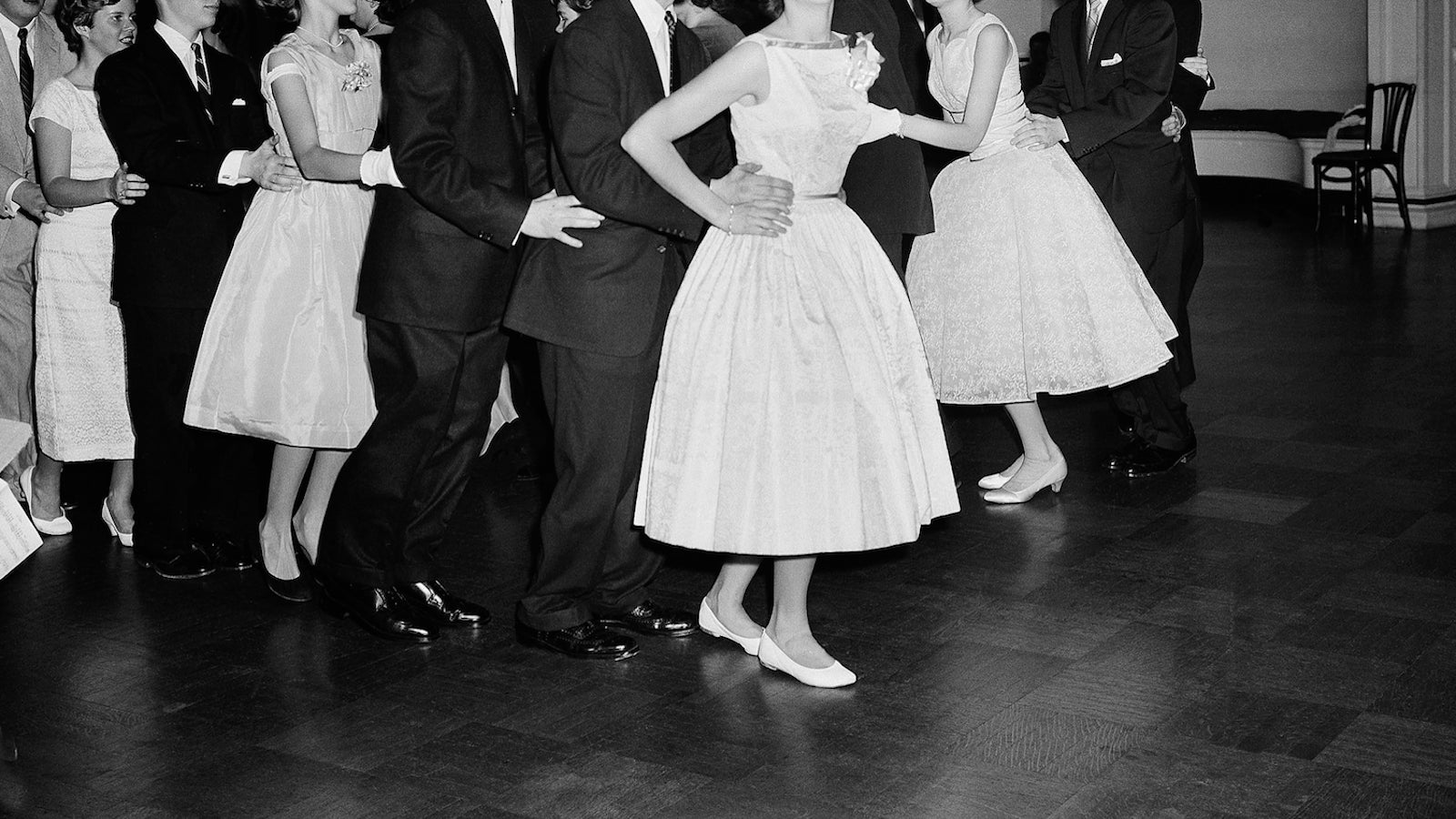The myth that gender is binary is perpetuated by a flawed education system
High schools all teach the same narrative in sex-ed: Chromosomes determine genitals, which determine sex, which determines gender. Women are XX, and men are XY. One has a penis, the other a vagina. It’s science. Right?


High schools all teach the same narrative in sex-ed: Chromosomes determine genitals, which determine sex, which determines gender. Women are XX, and men are XY. One has a penis, the other a vagina. It’s science. Right?
But what about people born with congenital adrenal hyperplasia (CAH), a disorder of sexual development (DSD) in which a person with two X chromosomes is born with a functioning penis? What if you have androgen insensitivity syndrome, where despite having a Y chromosome, your cells’ unresponsiveness to testosterone gives you a “female” body? What if you have Kenefelter syndrome, which is when you’re born with two X chromosomes and one Y chromosome? Or what if you’re among the 1 in 4,500 people born with “ambiguous genitalia,” many of whom are surgically altered while still infants to fit into the binary two-sex model?
The science is clear: Sex is not binary after all. And schools can bring about a true cultural shift if they begin teaching that fact to our youngest generations.
Sex and gender are much more complex and nuanced than people have long believed. Defining sex as a binary treats it like a light switch: on or off. But it’s actually more similar to a dimmer switch, with many people sitting somewhere in between male and female genetically, physiologically, and/or mentally. To reflect this, scientists now describe sex as a spectrum.
The more we have learned about human genetics, the more complicated it has revealed itself to be. Because of this, the idea of binary gender has become less and less tenable. As Claire Ainsworth summarizes in an article for Nature, recent discoveries “have pointed to a complex process of sex determination, in which the identity of the gonad emerges from a contest between two opposing networks of gene activity. Changes in the activity … can tip the balance towards or away from the sex seemingly spelled out by the chromosomes.”
Despite the evidence, people hold on to the idea that sex is binary because it’s the easiest explanation to believe. It tracks with the messages we see in advertisements, movies, books, music—basically everywhere. People like familiar things, and the binary is familiar (especially if you’re a cisgender person who has never had to deal with sexual-identity issues). But science doesn’t always care for the simple route.
Many people still defend the binary while claiming to be scientific. For instance, the famous evolutionary biologist and atheist Richard Dawkins has continued to describe trans issues in terms of a binary defined by chromosomes, despite research suggesting otherwise.
The lion’s share of such comments—against trans people, against nonbinary people, against all that’s different and unknown—come from a place of ignorance. Large swaths of the public simply do not know about the state of the research in this area because nobody has ever told them about it.
That’s where schools can help.
The obvious places to cover these topics would be in biology and sex-ed classes. In recent years, sociologists and science educators have documented the refusal to integrate non-binary sex education into schools. For instance, in a 2011 study of biology textbooks in Ontario, University of Toronto’s researchers Jesse Bazzul and Heather Sykes found that “any mention or discussion of sexuality or identity beyond the set heterosexual norm or the male/female sex binary is conspicuously absent.” As a 2004 article in the Journal of Research in Science Teaching notes, publishers of science textbooks “are unwilling to make decisions to include knowledge that is embroiled in political controversies and, through their silence, propagate the heterosexual norm.” Unsurprisingly, attempts to fix these problems often face backlash; as a result, recent surveys have found that LGBT issues almost never come up in classroom discussions.
Biology textbooks are not only just ignoring important content: They’re actively misinforming students. This misinformation is partially responsible for the bizarre state of the mainstream discourse on human sexuality, where mobs of angry people claim that anyone deviating from the binary of male and female is unnatural (even when 1 in 100 people are born with some form of DSD).
The problem here is worse than simple naïve ignorance: People are defending an outdated and discredited model of human sex, and then using that scientifically unsound model to deny rights to trans and non-binary people, justify their oppression, and exclude them from society. The “bathroom bills” currently being proposed in several US states, which explicitly define sex in binary terms, are instances of poor education metastasizing into harmful laws.
Changing the way students learn about the biology of sex won’t fix the whole problem. But it’s a step, and one of several ways schools can become more accepting of trans, intersex, and non-binary students. Teaching non-binary gender wouldn’t mean overhauling entire curriculums, either: When teaching students what a chromosome is or how embryos grow, teachers could simply also talk about DSDs and other related topics alongside the lesson plan.
Schools need to update their biology curriculums to reflect the current state of the research, and they need to explicitly address the needs of their queer students through non-discriminatory sex-ed classes. To do anything less is not only unscientific—it is also unjust.